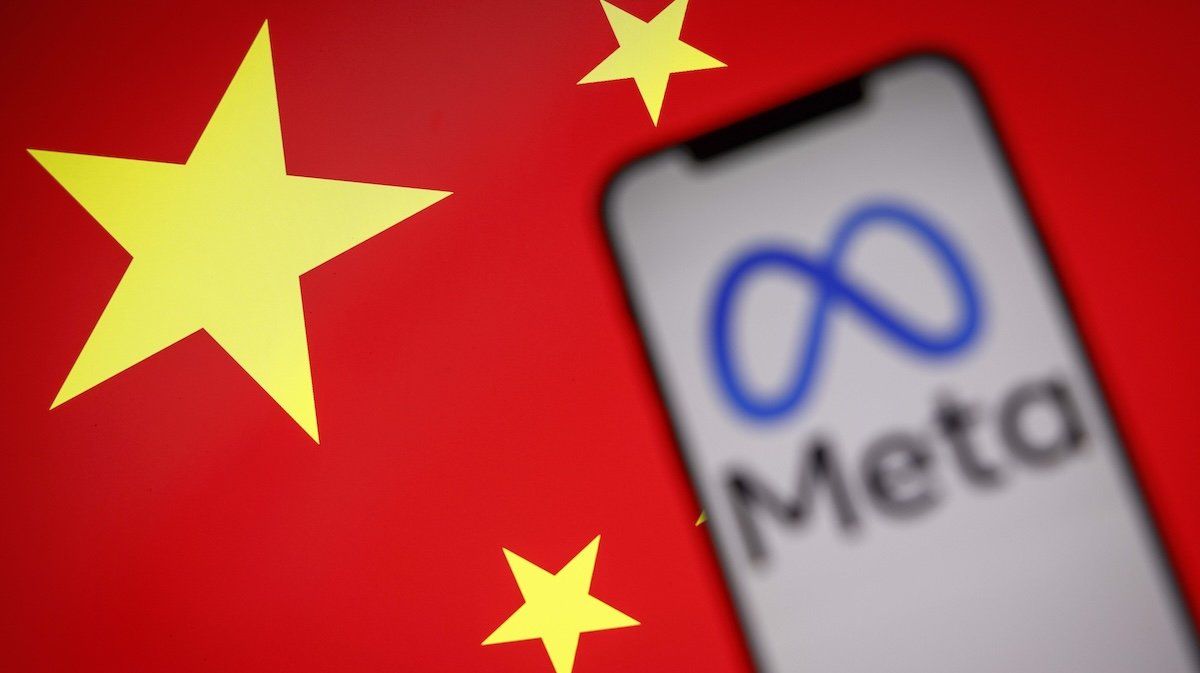Meta, the parent company of Facebook and Instagram, has taken a different approach to the AI boom than many of its Silicon Valley peers. Instead of developing proprietary large language models, Meta has championed open-source models that are free and accessible for anyone to use. (That said, some open-source advocates say it’s not truly open-source because Meta has usage rules.)
But because of Meta’s openness, Chinese researchers were able to develop their own AI model — for military use — using one of Meta’s Llama models, according to a paper they published in June, but first reported by Reuters on Nov. 1.
Chinese university researchers, some of whom have ties to the People's Liberation Army, developed a model called ChatBIT using Llama 2 — first released in February 2023. (Meta’s top model is Llama 3.2, released in September 2024.) In the paper reviewed by Reuters, the researchers said they built a chatbot “optimized for dialogue and question-answering tasks in the military field.” It will be able to be used for “intelligence analysis, … strategic planning, simulation training, and command decision-making,” the paper said.
Llama’s acceptable use policy prohibits using the models for “military, warfare, nuclear industries or applications [and] espionage.” Meta told Reuters that the use did violate the terms and said it took unspecified action against the developers but also said the discovery was insignificant. “In the global competition on AI, the alleged role of a single, and outdated, version of an American open-source model is irrelevant when we know China is already investing more than a trillion dollars to surpass the US on AI,” Meta said.
Open-source development has already become a hot-button issue for regulators and tech advocates. For example, the California AI safety bill, which was vetoed by Gov. Gavin Newsom, became controversial for mandating developers have a “kill switch” to shut off models — something that’s not possible for open-source developers who publish their code. With an open-source model in China’s hands — even an old one — regulators may have the fodder they need to try and crack down on open-source AI the next time they try to pass and enact AI rules.